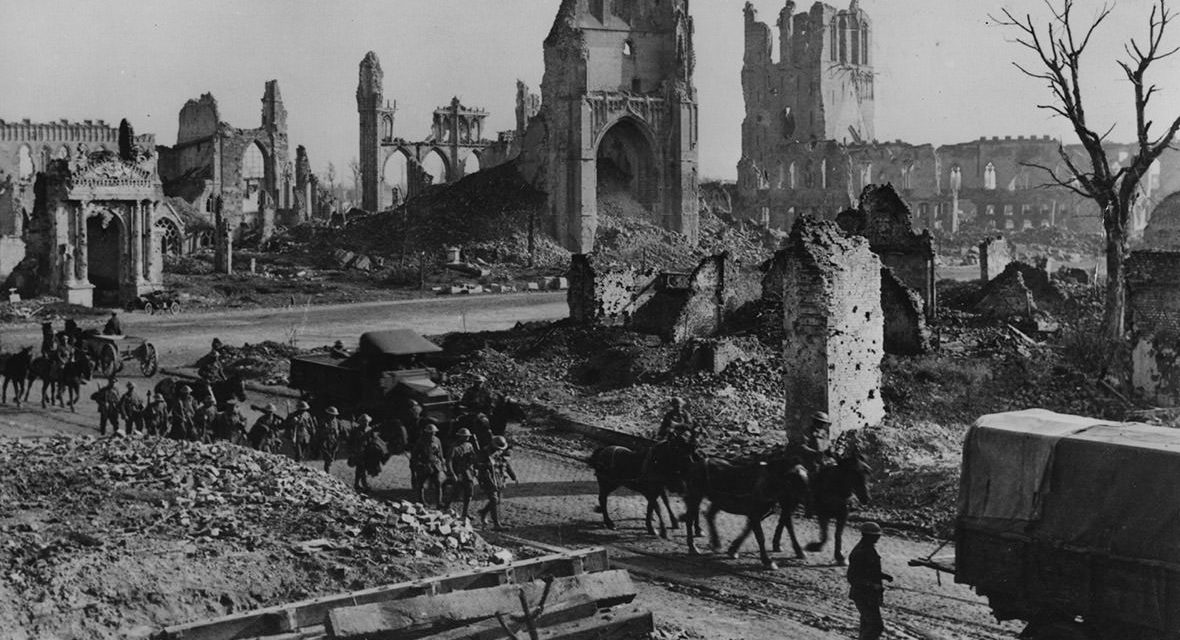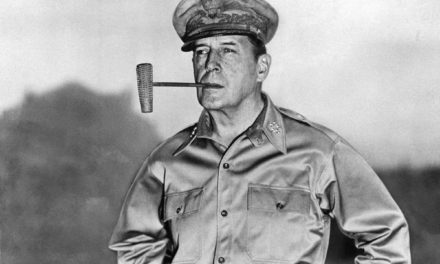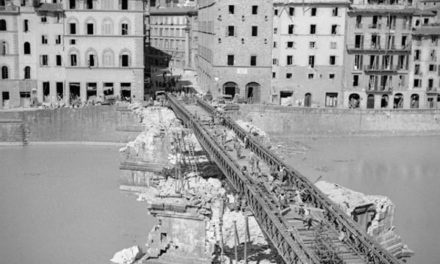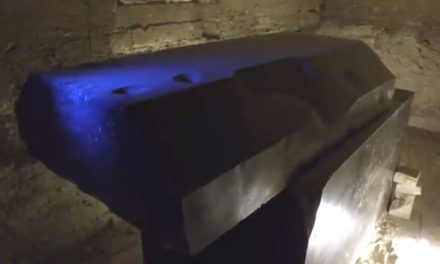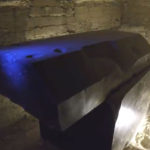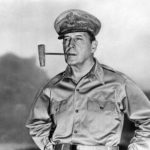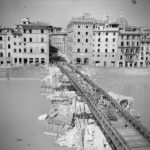World War I, “The Great War” is a distant event that conjures the notion of a black and white world, as the motion picture cameras of the day filmed it, but somehow jumpy and unreal. Men had ridiculously large mustaches and women wore terribly uncomfortable looking clothes. The reasons for this war are vague to many of us today though even young people understand the most basic triggers for World War II. It is fair to say that most people of the day were also vague on the reasons this war started which is quite amazing in light of the carnage that resulted.
The slaughter was tremendous, recalling some of the senseless charges of the American Civil War but with weapons that were becoming as brutal as those to soon be common in the 1940’s. They developed poison gas, and used it routinely! Some of the principals players would be returning in the next war, most notably Winston Churchill. And, there was a famous naval battle called Jutland.
But is all of this really interesting and relevant when the events that followed were perhaps less vague… and better filmed?
Yes, these events are both interesting and of extreme significance to the state of the world today. A few books that I have found to be excellent reads and extremely informative are; The Guns of August, Castles of Steel by Robert K. Massie and No Man’s Land by John Toland.
The Guns of August is a well known classic and does not fade with age. At the time of its writing, few women wrote histories of war, The Great War or otherwise. What Barbara Tuchman brought to this subject was a strong sense of character building and imagery in her descriptions of the major figures of the period. She writes with a sense of drama and style that was perhaps unique to the genre at the time and her opening chapter in particular is quite arguably a great literary work as well as excellent historic writing. She brings faces, grand mustaches included, and personalities to life in this book. It is a perfect entry into the history of The Great War.
I have always pondered the significance of the battle of Jutland and struggled to wrap my head around the meeting of the two great fleets of Britain and Germany but never felt that I had any perspective until completing Castles of Steel. As with Guns of August, Robert Massie provides a great deal of insight into the people most directly involved in the naval issues of The Great War and connects them to their place in the continuum of world history. This book is about the fleets of The Great War and leads the reader into the battle of Jutland with sufficient understanding to leave a lasting impression and excellent perspective.
John Toland is one of my favorite history authors and I will be recommending other works by him. No Man’s Land focuses on the last year of the Great War, 1918. By doing this, he was able to provide greater detail on the events leading to the end of the war. These events were pivotal to what happened in the mid 1930’s that gave rise to Hitler and found the leading European democracies inept, depleted and unprepared to deal with fascism in Italy and the Nazi movement in Germany.
While I will on occasion wade through some books that are droll and ponderous in order to fill out a need for detail or contrary viewpoints, none of these books fit into that category. All are well written and should leave the reader feeling better educated without pain for the undertakings.

